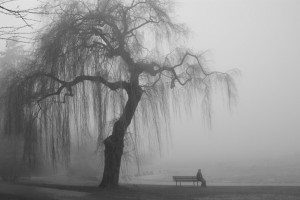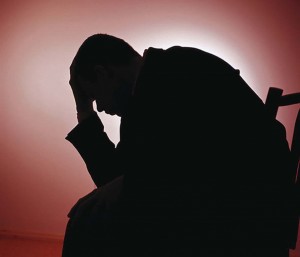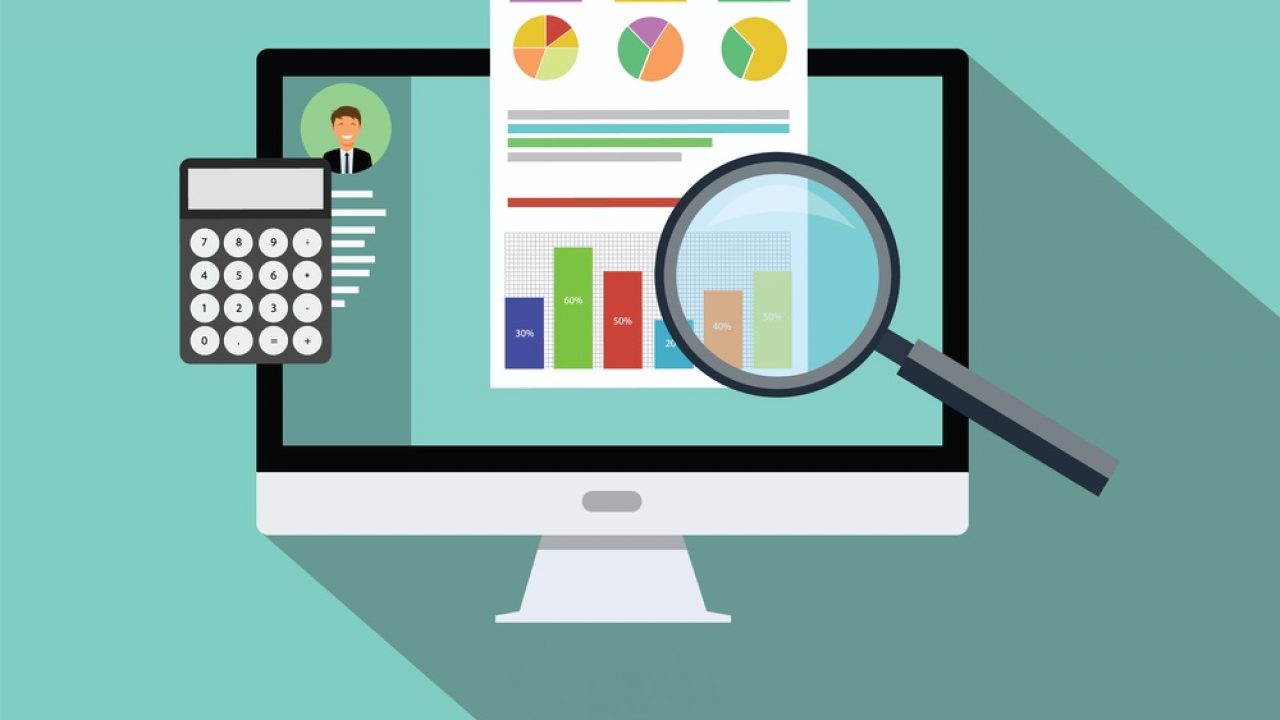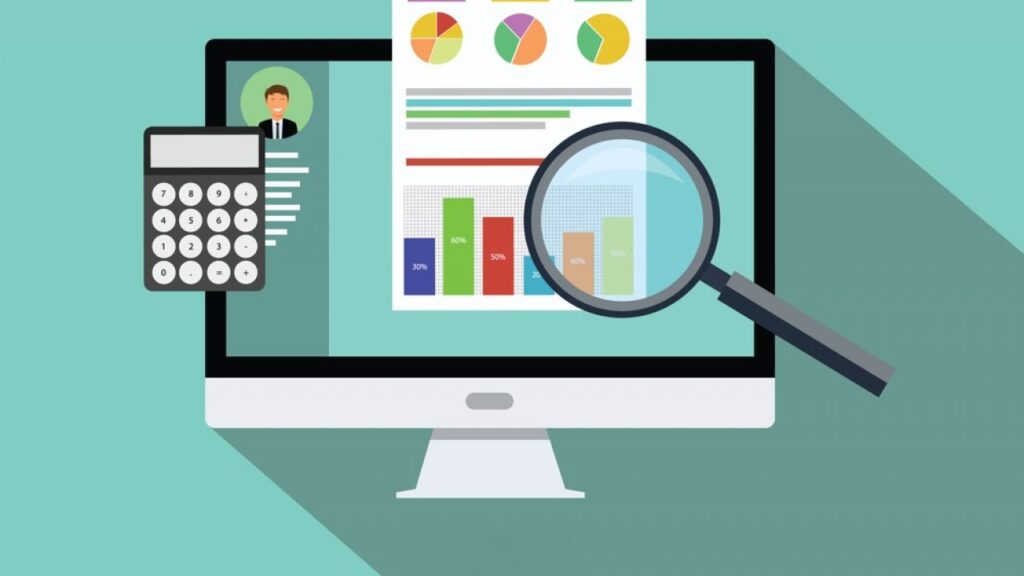What is depression

Everyone at one time or another in life feels depressed or sad. It's a natural reaction to loss, life's challenges and low self-esteem. But sometimes the feeling of sadness becomes intense, lasts for long periods and removes the person from normal life. Depression is the most common mental disorder, but it is a treatable illness. The types of depression are: classic, fearlessness, bipolar and seasonal disorder.
It's normal to feel sad and depressed from time to time. This is natural, it is a reaction to life's challenges and low self-esteem. But when this feeling becomes intense it can last a long time and prevent the person from leading a normal life. Depression is the most common mental disorder, but a treatable illness.
Recognizing depression is often the biggest obstacle to diagnosing and treating depression. Unfortunately, approximately half of people who experience depression never have the illness diagnosed or treated. And this can be a threat: more than 10% of people who have depression commit suicide. Here are some signs to watch out for:
-
Sadness
-
Loss of interest in things you previously enjoyed
-
Lack of energy Difficulty concentrating
-
Difficulty making decisions
-
Insomnia or excessive sleep
-
Stomach or digestion problems
-
Feeling of hopelessness
-
Sexual problems, such as lack of interest
-
Pain
-
Change in appetite, leading to weight gain or loss
-
Thoughts of death, suicide and self-harm
-
Suicide attempt
How is depression diagnosed?
Diagnosing depression begins with a physical exam. There are some viruses, medications and diseases that can cause symptoms similar to depression. The doctor will want to know when the symptoms started, how long they have lasted and how severe they are. You will also want to know if you have felt anything similar before and what the treatment was. Family history is also important, as is drug and alcohol use.
Although there is no test to diagnose depression, there are some characteristics that can lead to the appropriate diagnosis. If a physical illness is ruled out, your doctor should consider referring you to a psychologist or psychiatrist. They will determine which treatment is best for your case: psychotherapy or medication or a combination of both.
How do I know when I need help?
When depression is negatively affecting your life, such as causing difficulties in relationships, work issues, or family disputes
If someone you know is having suicidal thoughts
Psychiatrist
Doctor specializing in treating psychological disorders. Because psychiatrists are doctors, they can prescribe medications, such as antidepressants. Some are also psychotherapists.
Psychologist
Professional who specializes in treating mental or emotional disorders. In general, he uses psychotherapy to treat people with depression.
What are the symptoms?
Symptoms may vary. Many times, childhood depression is not diagnosed because it is due to something common to the emotional and psychological variations of the growth phase. The first symptoms of depression are: sadness, lack of hope and changes in mood. Other features are:
-
Irritability or anger
-
Constant sadness
-
Introversion
-
Feeling of rejection
-
Change in appetite
-
Change in sleep
-
Outbursts of screaming or crying
-
Difficulty concentrating
-
Fatigue
-
Complaints of physical pain that does not go away with treatment, such as stomach pain or headache
-
Reduced activity with friends, at home, at school
-
Guilt
-
Thoughts of death or suicide







